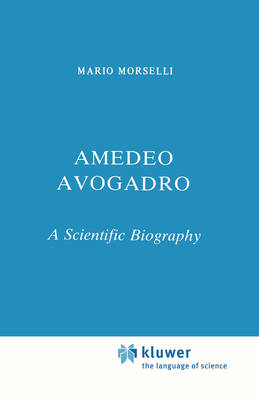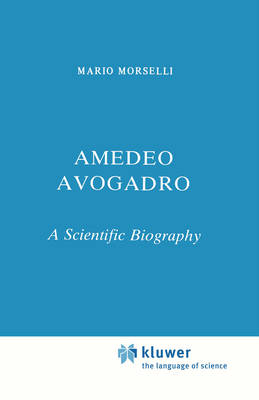
- Afhalen na 1 uur in een winkel met voorraad
- Gratis thuislevering in België vanaf € 30
- Ruim aanbod met 7 miljoen producten
- Afhalen na 1 uur in een winkel met voorraad
- Gratis thuislevering in België vanaf € 30
- Ruim aanbod met 7 miljoen producten
Zoeken
€ 237,59
+ 475 punten
Omschrijving
Although numerous attempts have been made in the past one hundred years to identify the main reasons for the neglect and the indifference which surrounded the molecular hypothesis, very little effort has been devoted to showing how historical circumstances and Avogadro's own personality hindered the acceptance of the concepts he had proposed.
Specificaties
Betrokkenen
- Auteur(s):
- Uitgeverij:
Inhoud
- Aantal bladzijden:
- 376
- Reeks:
Eigenschappen
- Productcode (EAN):
- 9789400962675
- Verschijningsdatum:
- 13/10/2011
- Uitvoering:
- Paperback
- Afmetingen:
- 152 mm x 223 mm
- Gewicht:
- 572 g

Alleen bij Standaard Boekhandel
+ 475 punten op je klantenkaart van Standaard Boekhandel
Beoordelingen
We publiceren alleen reviews die voldoen aan de voorwaarden voor reviews. Bekijk onze voorwaarden voor reviews.








